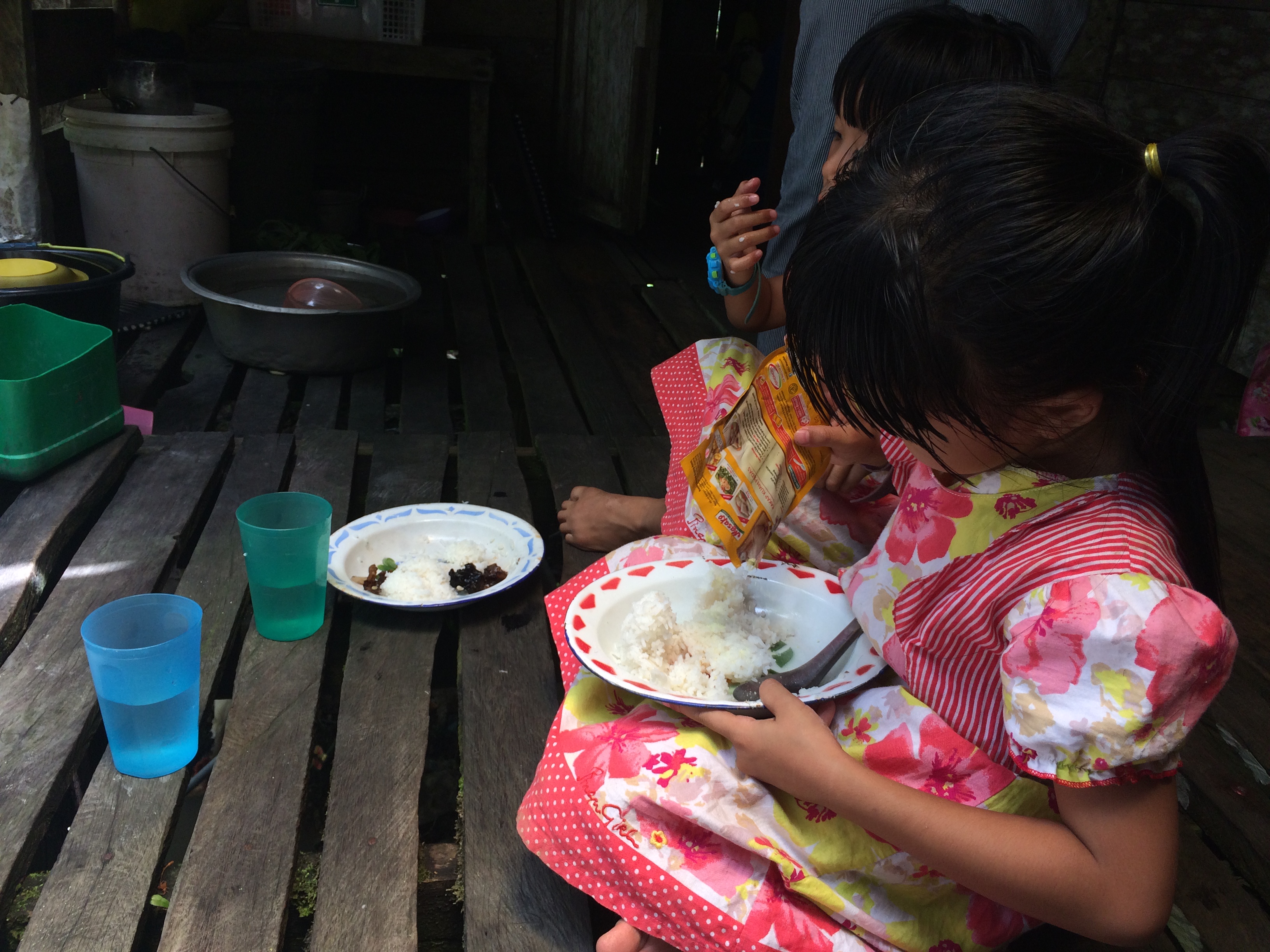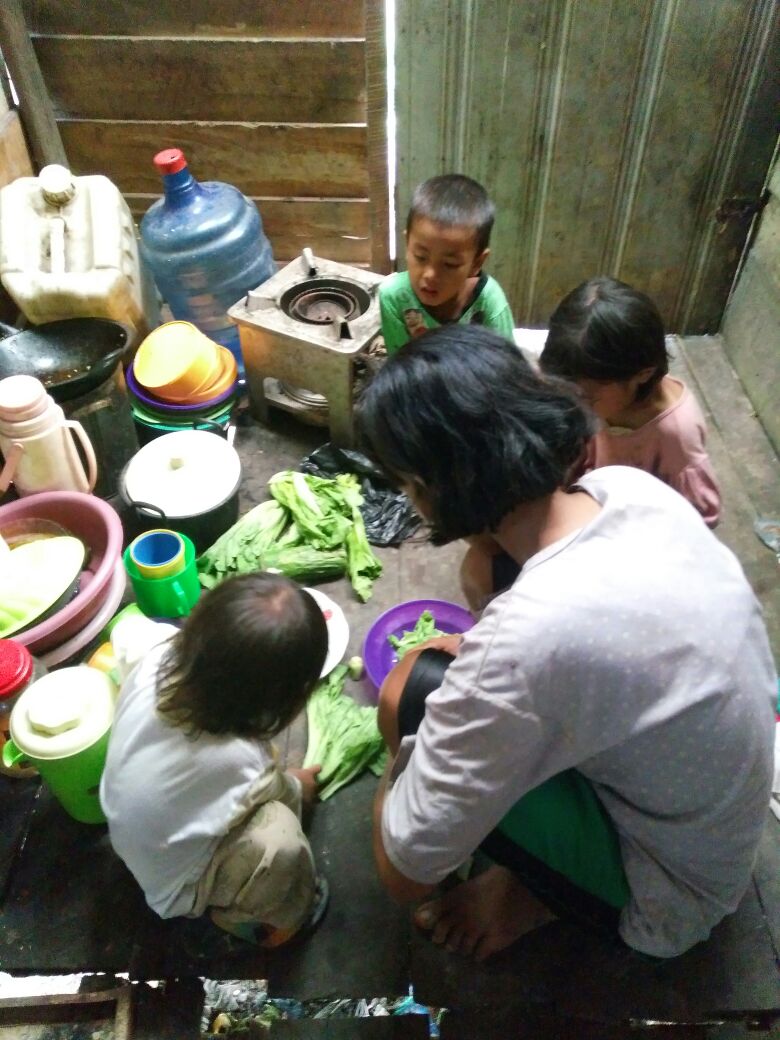
Stunting is the impaired growth and development of children caused by poor nutrition and repeated infection resulting in their height being two standard deviations below the WHO Standards.
Stunting in the first 1000 days from conception, has adverse consequences on cognition, educational performance, adult wages. It’s not a “visible” illness and goes undetected in the early days. Behavior change on health and nutrition leading to prevention of stunting is a key task in emerging markets.
Indonesia has a higher incidence of stunting among ASEAN Countries …1 in 3 children. The government of Indonesia has committed to an integrated National Nutrition Communication Campaign (NNCC) for behavior change targeted at individuals, communities and stakeholders to minimize stunting. To this end, IMA World Health was commissioned by MCA Indonesia to design and implement an effective NNCC resulting in behavior change and lower stunting incidence.


Research Study Objectives and Methodology
Kantar TNS Indonesia conducted the in-depth study for the understanding of knowledge, beliefs, attitudes and behavior related to mother and child nutrition and stunting – to identify the motivators and deterrents to desired behavior, including the role of different influencers and influences to aid integrated communication strategy development covering message and media/touchpoint strategies.
Considering our need for in-depth understanding the study was conceived as a qualitative research study with multiple elements for a 360-degree view of our core target audience – Pregnant women, Mothers with children up to 2 years. In all we had 12 FGDs, 16 IDIs and 12 In-home observations and ethnographic interviews. In 3 rural locations with high stunting incidence – of which 2 locations (in Kalimantan) had a much higher incidence than the one in Sumatra. The different study elements were: …
- FGDs in our core target group, Grandmothers, and Husbands
- Full day in-home observation to learn real behaviors, family interactions, living conditions and hygiene
- Paired interviews in-home with family members to clarify and probe deeper to understand motivations for observed behavior.
- In-depth interviews with opinion leaders in the community, including religious/culture leaders; village heads, local officials and legislators, health workers and province/national level officials.
Salient Study Findings
- Awareness was high for nutritional needs during the 1000-day period from conceiving. They had adequate (not complete) knowledge about the right diet. Their beliefs and attitudes couldn’t be faulted. However, the practice was not as desired. The critical task ahead was “behavior change”
- Stunting is not a visible illness and nutrition needs are forgotten or traded off for other things in lower SES. Lower long-term orientation among Indonesians compounds it. Enhancing salience of “Stunting Illness” and prevention through nutrition and health care is the first step.
- Enhancing knowledge on local, lower cost foods is important.
- Creating salience of this issue among other family members (particularly husband) is critical. Today, the full burden is on the mother who tradeoffs others’ needs over hers.
- Need to invest significantly in interpersonal behavior change interventions since we need to go beyond knowledge and attitude to action.
- It’s a multi-sector problem and ensuring policy advocacy to improve the economic status (income earning opportunities, family planning) and easier access to medical facilities will go a long way.
Actions and Outcomes
Informed by these findings, NNCC has developed the communication strategy and plans with multiple communication elements and interventions
- The rich insights from the study led to prioritization of core messages and led to effective creatives that tested well.
- To drive awareness and salience mass media (TV, Radio, Dailies) is being used.
- Supplemented with Digital channels – Facebook, YouTube, NNCC website
- Inter-personal communication training for health workers has been conducted with relevant materials. Activation events have been done in all health centers.
Multi-stakeholder advocacy interventions have helped in gaining support of decision makers, increased their commitment and support.
- Project was mainstreamed into local nutrition programs with suitable regulations.
- Multi-stakeholder District level forums have led to innovative local interventions.
- National Summit on Stunting Prevention was attended by Vice President, 34 Provincial Governors, key ministers and officials.
Program implementation is ongoing. However, feedback from NNCC, IMA World Health suggests that we are on the right path … “This research program has made a big contribution to our mission …helped us start right. Stunting is no longer invisible. It’s a mainstream issue backed by the government and local communities. We have no doubt that we will see progressive reduction in stunting.
Credit to:
Kantar TNS: Team of Researcher: Yanti Zen, Astrid Novianti, Nurhasanah Ayuningtias, Widya Taruna, Hasty Larasati, Anastasia Seke
Clients: IMA Worldhealth, MCA Indonesia
